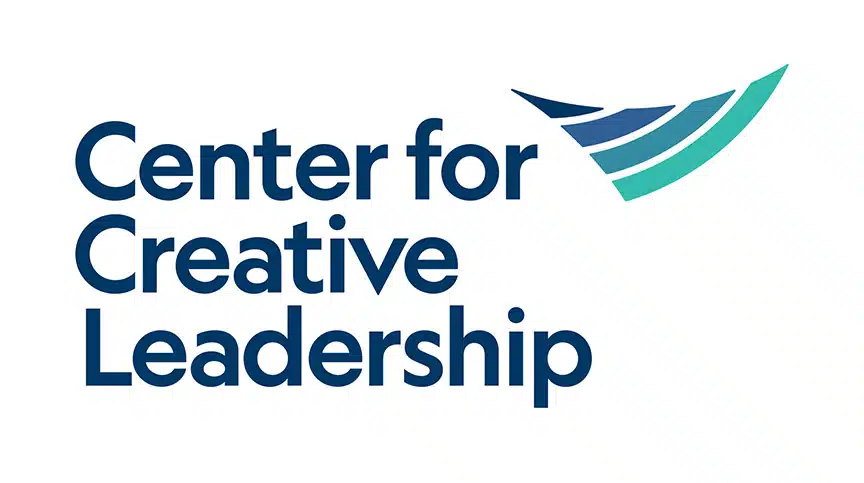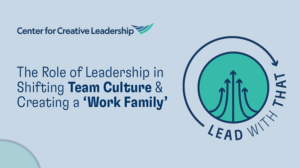Before starting their work, teams should agree on team norms, a set of rules that shapes their interactions. Read 10 steps for establishing team norms.
Team Leadership & Team Development
Home > Content About Team Leadership & Team Development

Featured Leading Effectively Article
Beware the “too-much-talent” effect and consider more than just star power as you hire team members and cultivate healthy team interactions. Learn 4 things to focus on for team leadership and team development.
Content About Team Leadership
By understanding the 3 key leadership tensions that today’s managers are grappling with, your organization can help address them, improving retention and overall performance.
By Andy Loignon in Big Think on the impact of the “Too Much Talent effect” on teams.
In this episode, Ren and Allison discuss what it means for team dynamics when leaders say colleagues are part of a work family, and how team leadership can shape team and organization culture.
Interested in building higher-performing teams? Understand what really drives team effectiveness and beware the impacts of the so-called ‘too-much-talent effect.’
Teamwork comes with challenges. When you understand what teams need to succeed — and address team needs in every phase of collaborating together — you can improve team performance.
Why invest in team-building and collaboration? Because highly collaborative teams directly impact your organization’s productivity and bottom line.
Watch this webinar as we discuss how organizations can leverage solutions focused on team-building skills for leaders that can improve collaboration and produce better results.
Building psychological safety between nonprofit directors and boards increases trust, improves collaboration, and strengthens culture. Watch this webinar for tactics and tips.









